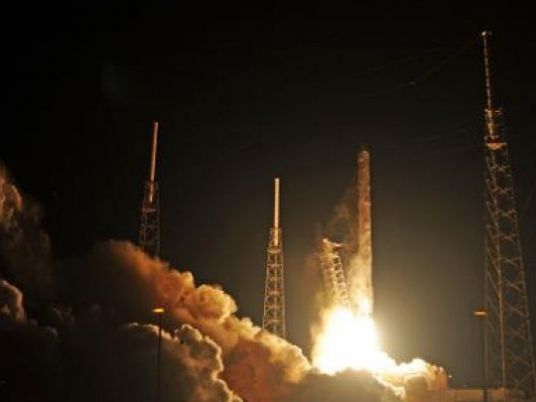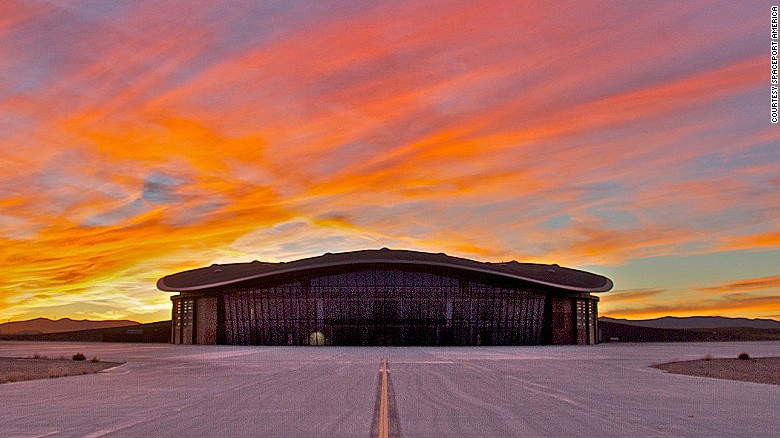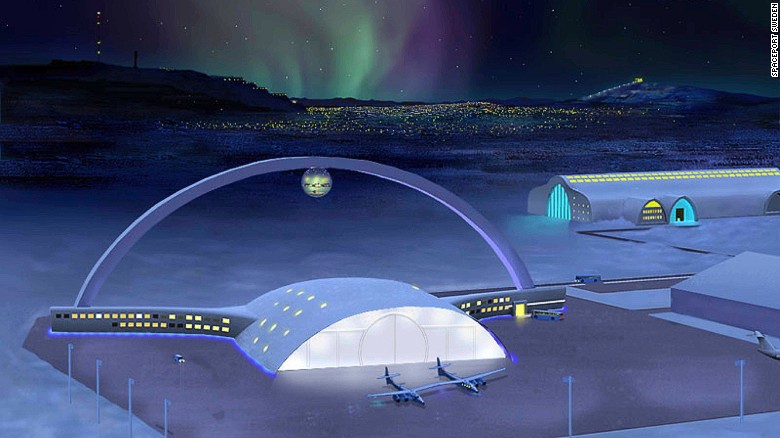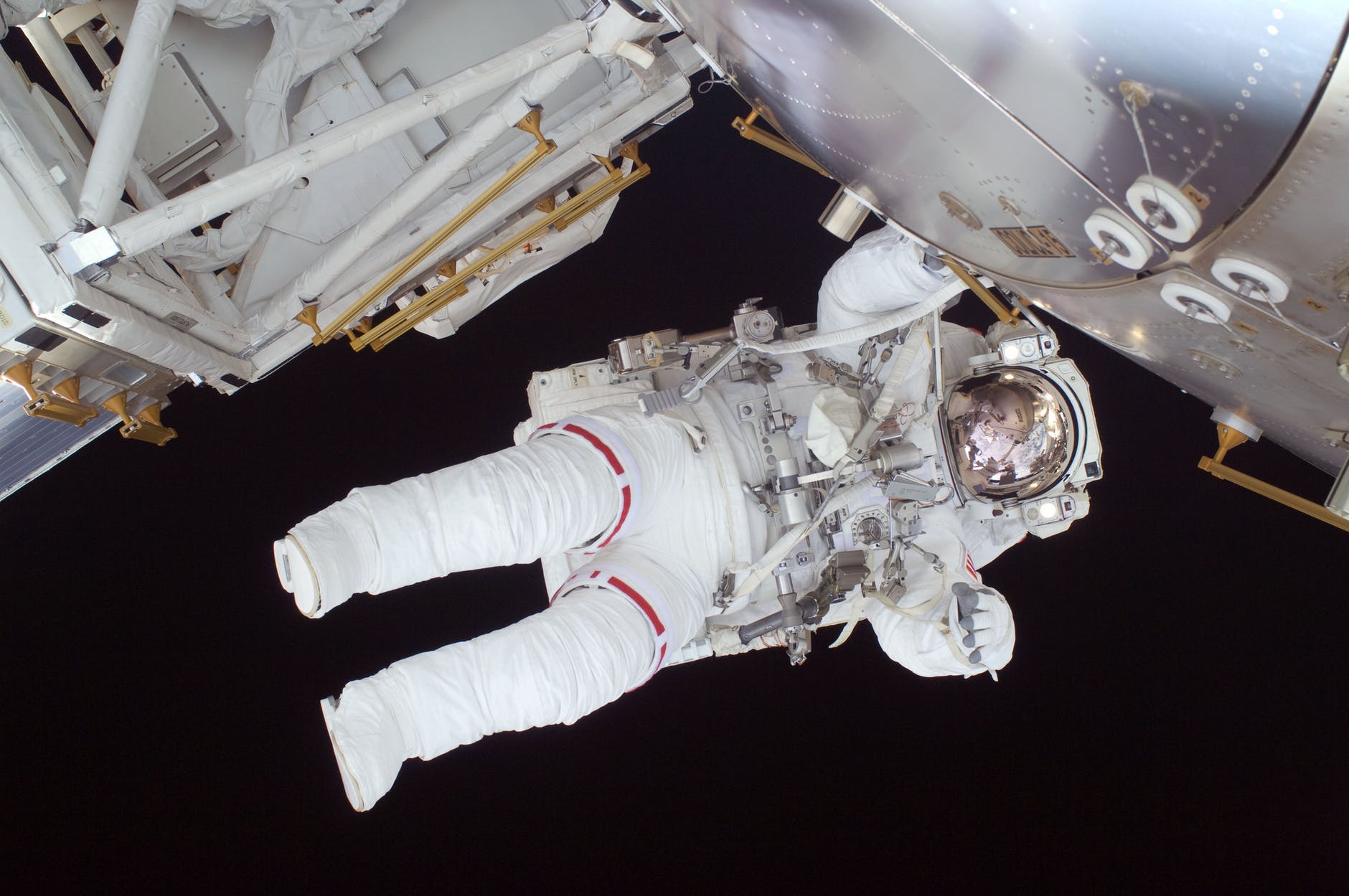
Houston, already home to the Lyndon B. Johnson Space Center, is slated to add another notch to its aeronautic belt.
The Federal Aviation Administration has given the Texas city the go-ahead to build the United State's tenth commercial spaceport.
It's a move that begs the question: the United States already has nine spaceports?
It seems like an awful lot of infrastructure dedicated to an industry still in its infancy.
Space tourism was meant to have taken off years ago.
When Virgin CEO Richard Branson first launched a "mothership" for his spaceflight venture Virgin Galactic, he predicted his company would be shuttling wealthy tourists to the edge of space by 2009, and over the decade 700 customers have paid up to US$250,000 a pop for the promise of a bird's eye view of earth.
That possibility seems increasingly remote, and not abetted by last year's crash of Virgin Galactic's SpaceShipTwo, which resulted in the death of the copilot and a handful of customers asking Virgin for a refund.
One of the biggest casualties of the industry's delays has been Spaceport America, a $200 million facility that depended on Virgin Galactic as its anchor tenant.
"Spaceport America borrowed money and built operations as if Virgin Galactic would be operating there already," notes William Ostrove, an aerospace and defense analyst for Forecast International.
"Because this has not happened, Spaceport America is in a little bit of trouble."
While they wait for Virgin Galactic to move in, Spaceport America has had to readjust its business model.
While the spaceport works to sign new clients — CEO Christine Anderson says they're looking into unmanned vehicle testing — the site has become an elaborate events space, hosting everything from school trips and corporate events to product launches.
"Airports don't make all their revenue from airplane landings; they have concessions, rental cars — several I've talked to have hotels on land surrounding the facilities, she says.
"It's important to have a broad business model, both for airports and, I would argue, for spaceports."
Spaceports, spaceports everywhere

The Federal Aviation Administration recently gave Houston approval to build the country's tenth commercial spaceport. Given Houston's links to the space industry, some see the spaceport as having an economic advantage over competitors.
In the last few years, spaceport projects have carried a certain amount of cache, and countries from every corner of the globe have announced plans for building their own.
Sweden and the United Kingdom are both hoping to build spaceports that will dominate the European space sector.
"Our vision is to develop Europe's gateway to space and offer services and infrastructure to space operators, space adventures and a platform for industry innovation," says Karin Nilsdotter, Spaceport Sweden's CEO.
Space tourism venture Space Adventures announced various plans to build spaceports in Singapore and the UAE, though haven't released any time frame.
"Governments want spaceports as a source of prestige, jobs and to act as engines for technological development," notes Ostrove.
Whether there is or will ever be a market for them to survive, however, is another question.
"If the market for commercial space transportation grows substantially, there will be a huge demand for spaceports," he adds.
"In that best case scenario, there will likely be at least a few spaceports on each continent."

New Mexico's Spaceport America is still waiting for its anchor tenant, Virgin Galactic, to launch its space tourism operation. Until then, the spaceport is focused on educational outreach and product launches.

Spaceport Sweden's CEO, Karin Nilsdotter, envisions the facility becoming theEuropean gateway to space. The spaceport will operate from an already existing airport, and will focus on space tourism and research.
Worst case scenario?
"If the market does not expand rapidly, or even fizzles totally, there will be almost no market at all for spaceports. We'll likely see somewhere in between."
Anderson maintains she's confident it's an industry that will grow.
"I think we can't imagine all the ways it will affect our lives," she says.
"When you think back to the early days of aviation, I'm not sure people could imagine how it would be today.
"I think we can expect there'll be lots more spaceports, just like airports. The trick is to have a broad enough business space to sustain yourself while the commercial space industry is growing.
"There's no guarantee at what pace it will grow or what setbacks it will have, but it will definitely grow and thrive."
What is commercial space flight, anyway?
Many people tie their concept of commercial space flight with space tourism — at this point, the act of flying mostly wealthy patrons to the edge of space and back.
Ostrove points out the industry is actually a lot older and broader than people realize.
"It really includes any private or commercial company that carries equipment or people into space," he says.
Companies like SpaceX and Orbital ATK, for example, make their way carrying supplies to the International Space Station (ISS) and satellites to orbit for both governments and commercial companies.
Human spaceflight, says Ostrove, is the next frontier.
Last year, both Boeing and SpaceX received billions of dollars from NASA to develop capsules that would carry crew members to the ISS.
Shuttling tourists to space, though, has a less certain future.
"That area is more speculative," admits Ostrove.
"While hundreds of customers have signed up to fly these flights, none of the companies offering them have successfully developed a spacecraft that can carry passengers on operational flights," he says.
Anderson, however, remains undeterred.
"The big thing is for people to have some patience with this," she says.
"It's just not going to happen overnight — well, in the course of humanity, it will be overnight, but in the course of a lifetime, it may take longer."




